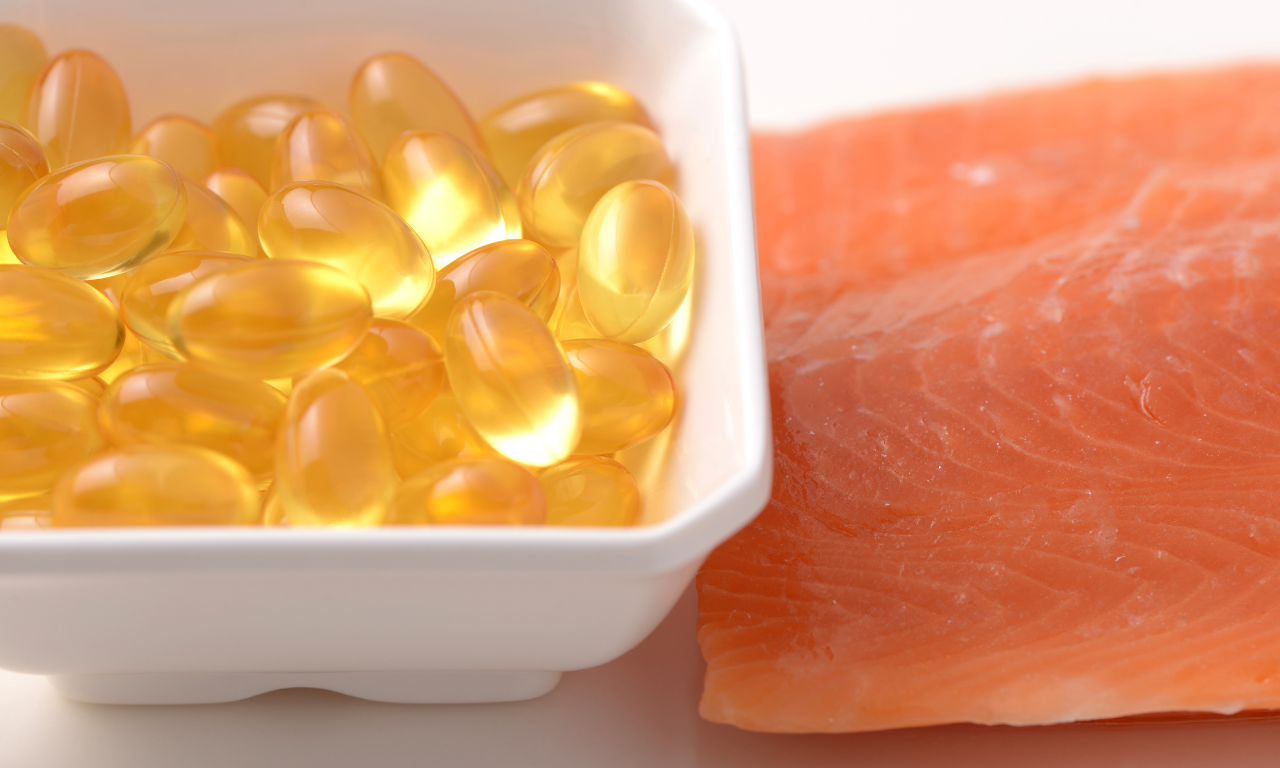While fish oil supplements can provide some of the benefits of eating fish and seafood, they are not a complete substitute. It’s the way that these nutrients work all together that is the magic of why whole food will outperform supplements every time.
The individual nutrients are amazing on their own, but wrapped up into one single bite can have a much more significant impact.
Omega-3 fatty acids are particularly important for heart health, brain health, and eye health. They have been shown to reduce the risk of heart disease, stroke, and arrhythmia. They can also improve cognitive function and protect against Alzheimer's disease and other forms of dementia.
Protein is essential for building and repairing muscle tissue. It is also important for regulating metabolism and hormones. Fish and seafood are excellent sources of high-quality protein that is easily absorbed by the body.
Vitamins and minerals are essential for many bodily functions. Fish and seafood are good sources of vitamins A, B12, as well as minerals such as iron, zinc, selenium and iodine.
Nancy Clark, RDN, a registered dietitian and sports nutritionist, says that "eating fish and seafood is one of the best things you can do for your health." She adds that fish and seafood are "nutrient powerhouses" that provide essential nutrients that are difficult to get from other foods. In her book “The Sports Nutrition Guidebook” she says if you don't enjoy eating fish, you cannot simply take a fish oil supplement, and that The American Heart Association does not consider fish oil capsules to be a sufficient alternative to eating fish.
Fish eaters acquire health benefits not seen in fish oil pill poppers. A review of 22 well controlled studies in which those in control group took placebos suggest that fish oil pills fail to generate any protective effect against heart disease (Smith 2012). We need to focus on the whole diet and not just supplements.
Another study published in the journal Circulation found that people who ate two servings of fish per week had a 17% lower risk of death from heart disease than those who did not eat fish. However, people who took fish oil supplements did not see the same results.
Eating more seafood can be a challenge for some people. Some people may not like the taste of fish or seafood, while others may be concerned about mercury contamination. However, there are many ways to enjoy seafood that are both delicious and nutritious.
Here are a few tips for eating more seafood:
- Try different types of fish and seafood to find ones that you like. There are many different types of fish and seafood available, so there is sure to be something that you will enjoy.
- Cook seafood in a variety of ways. Seafood can be grilled, baked, fried, or steamed. There are many different recipes available in the Premier Catch Kitchen.
- Add seafood to your favorite dishes. You can add seafood to salads, soups, and pasta dishes.
- Choose low-mercury fish, and remember that the selenium found in seafood does help to bind up and prevent absorption of the mercury.
Your new goal is to find several sources of wild seafood that you like, and try to have it twice a week. Your body (brain, heart, skin, joints) will thank you!
If you want to track your progress, you can test your Omega-3 levels using our test kit from Omega Quant here.


